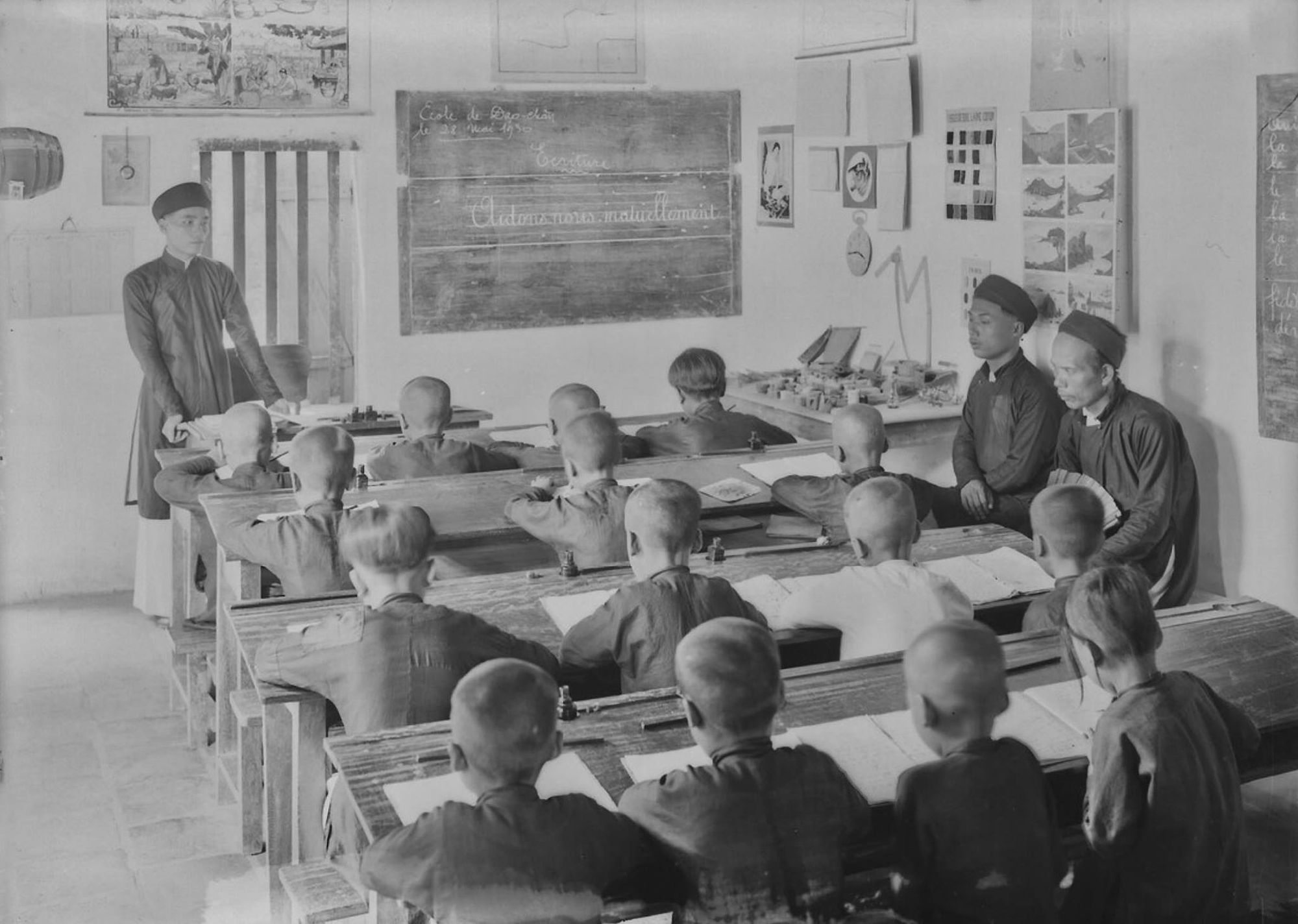Vietnam’s first national university, the Quoc Tu Giam, was founded in 1076 under the Ly dynasty. But long before formal schooling, Vietnamese society already held deep respect for “thầy” — the early educators, scholars, healers, and craft masters who shaped knowledge and moral conduct in village life.
Globally, Teacher’s Day is celebrated on 5 October to mark the 1966 ILO/UNESCO Recommendation on the Status of Teachers. Vietnam, however, follows its own tradition, honoring educators every year on November 20.
Vietnamese Teacher’s Day traces back to 1949, when the World Federation of Teachers Unions (FISE) introduced a 15-chapter charter aimed at reforming outdated education systems and protecting teachers’ rights. In 1951, the National Education Union of Vietnam joined FISE, and the first International Teachers' Charter Day was observed in Northern Vietnam on November 20, 1958.
On September 28, 1982, the Council of Ministers officially designated November 20 as Vietnamese Teacher's Day. Since then, it has become a significant day for Vietnamese people to honor the tradition of respecting teachers.
From a Confucian teaching
Vietnam follows the Confucian teaching of “tôn sư trọng đạo” from the Ly–Tran dynasty (11th–14th century). “Tôn sư” means respecting and being grateful to teachers—those who guide one’s learning and self-improvement. "Trọng đạo” is valuing morality, filial piety, student piety, and, more broadly, human ethics.

Historically, education was closely tied to Confucian hierarchy. Teachers held moral authority second only to the king, even above parents: the Quân–Sư–Phụ (King–Teacher–Father) order. A World Bank report on Annam (under French protectorate) notes that “teachers would often be invited to reside together with well-to-do villagers so they would be able to tutor the children of these wealthy families.”
This reverence naturally shaped language and everyday expressions. Teachers are called “người lái đò” (the boatman guiding students across the river) or “người ươm mầm xanh” (the one who nurtures green sprouts). The saying “Một chữ cũng là thầy, nửa chữ cũng là thầy” reflects the belief that anyone who teaches—even a single word—is a teacher. In a Confucian-influenced society, a teacher is not only an instructor but a moral compass, a role that still carries meaning today.
To an annual celebration
Today, teachers are honored with heartfelt ceremonies and gestures. Schools hold events recognizing their dedication and hard work, and students express gratitude through:
- Tribute videos, artistic performances, and interactive paintings
- Handmade greeting cards
- Visits to former teachers’ homes
- Flowers and small gifts
- Special performances prepared by teachers—dances and songs that reveal a more relaxed, creative side of their classroom mentors

